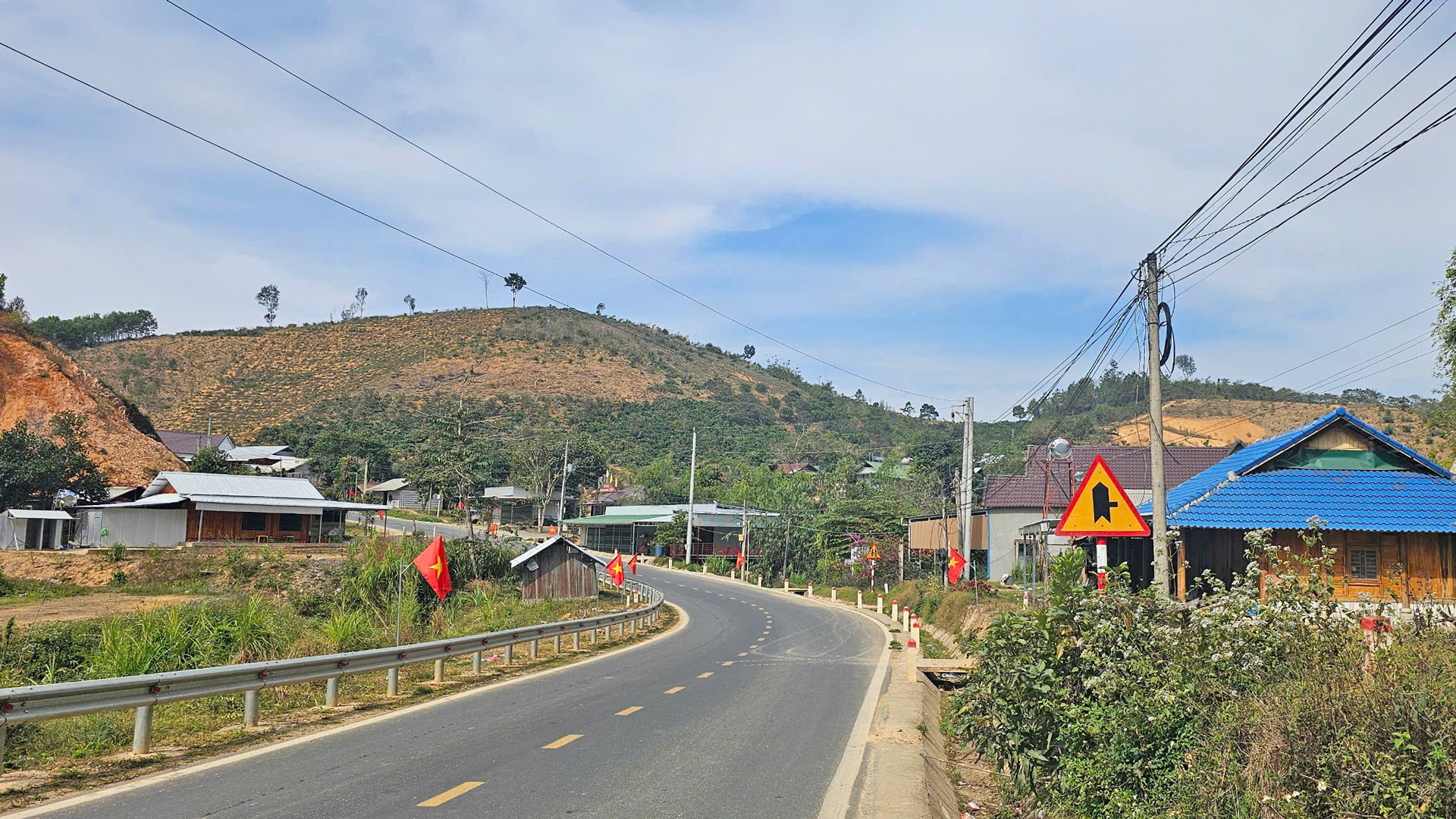 |
| A corner of Mong village, Ro Men commune today |
Dam Rong is a district with ethnic minorities accounting for nearly 65% of the population, mainly K'Ho, M'Nong, Ma, H'Mong, Dao, Tay... In previous years, due to the district's difficult socio-economic conditions, poor infrastructure, lack of material and spiritual life of the people, backward education and farming skills, the economic development conditions of ethnic minorities had certain difficulties. With the attention of the Party and the State through investment programs and projects and the efforts of the people of the district's ethnic groups in general and ethnic minorities in particular, the people's economy has gradually developed. Up to now, the ethnic minority area has had clear changes, the material and spiritual life of the people has been constantly improved, stabilized and enhanced.
We visited the family of Mr. Yùp Krôla Krang, a M'Nông ethnic group in Hamlet 2, Rô Men Commune, one of the ethnic minority households with relatively well-off economic conditions in the commune. Although the family's economy has stabilized, Mr. Yùp Krôla Krang still remembers the difficult years of gradually building a family life. When he got married, the couple's initial capital was nothing but diligence, hard work, and enthusiasm, sharing hardships. With a determination not to accept poverty and backwardness, his family did not fear difficulties and hardships, working hard to gradually build a stable family economy. “Before liberation, I lived in Da M'rong. In 1984, my wife and children moved to Ro Men commune. In economic development, my family borrowed money from the bank many times to invest in intensive crop cultivation. After dividing the land among 9 children, each child from 0.7 ha to 1 ha, my wife and I now have 5 ha of coffee left. In addition to coffee, I also intercrop over 100 durian trees. Up to now, my family and children's lives are stable. My wife and I have built a new house worth over 1.1 billion VND, and purchased enough plows and tractors to serve production,” Mr. Yùp Krôla Krang said excitedly.
With the attention of the Party and the State through many programs and projects for socio-economic development, especially the determination of the Party Committee and local authorities, along with the efforts to develop the economy of the people, especially ethnic minorities, the rural appearance in the disadvantaged communes of the district has improved a lot, the lives of ethnic minorities in the district have had some positive changes. If many years ago, the production of the people was still backward, mainly relying on "rainwater" and the weather, now the people have been proactive in irrigation and their production level has been gradually improved.
As evidence of the change in thinking in production labor, Mr. K'Nhat, a K'Ho ethnic, Head of Pang Sim village, Phi Lieng commune, expressed that in recent years, ethnic minorities have always been interested in intensive cultivation and production development, knowing how to take advantage of local potential and advantages to implement crop and livestock farming models; developing macadamia and durian intercropping models; converting ineffective production areas to grow mulberry and raise silkworms; many ethnic minority households have actively participated in high-tech agricultural production models...
In fact, along with growing high-yield rice, people always pay attention to diversifying crops and livestock; applying scientific and technical advances to production, especially in selecting varieties, planting and caring for coffee trees and fruit trees with high economic value to gradually increase income. Thanks to that, the lives of many ethnic minority households have been significantly improved. Hunger and poverty have gradually been pushed into the past, especially in recent years, when the prices of agricultural products have stabilized at a high level, many ethnic minority households have earned from 500 million VND to a billion VND/year, some even earning from 1.5 - 2 billion VND/year from coffee, durian... and becoming rich legitimately on their homeland.
Coming to Mong village in Ro Men commune and Sub-area 179 in Lieng S'rong commune, we felt the joy of the H'Mong people here. "After coming here, we encouraged people to actively do business, develop the economy of cultivating upland rice, growing cassava and then growing coffee; diligently learning from the experiences of those who went before, applying science and technology to production. Up to now, the H'Mong people have gone through difficult times, their lives have improved, many people have built houses worth from several hundred million to several billion VND, purchased expensive items and means of transportation to serve the production and living needs of their families", said Mr. Giang Seo Pao - Head of the Front Committee of Mong village, Ro Men commune.
With economic development, the poverty rate in ethnic minority areas has decreased significantly. By the end of 2024, the poverty rate in Dam Rong district decreased to 2.77%, down 70.42% compared to 2005. To continue reducing the poverty rate in the locality and improving the lives of people, especially ethnic minorities, Dam Rong district continues to effectively exploit investment and support programs and projects of the State, while paying attention to creating conditions and mobilizing people to promote diligence, strive to do business, develop production to have a more prosperous life.
Source: https://baolamdong.vn/kinh-te/202504/dong-bao-vung-kho-no-luc-phat-trien-kinh-te-18341e8/


![[Photo] General Secretary To Lam receives Japanese Ambassador to Vietnam Ito Naoki](https://vstatic.vietnam.vn/vietnam/resource/IMAGE/2025/4/3/3a5d233bc09d4928ac9bfed97674be98)
![[Photo] Special relics at the Vietnam Military History Museum associated with the heroic April 30th](https://vstatic.vietnam.vn/vietnam/resource/IMAGE/2025/4/3/a49d65b17b804e398de42bc2caba8368)
![[Photo] Prime Minister Pham Minh Chinh chairs meeting after US announces reciprocal tariffs](https://vstatic.vietnam.vn/vietnam/resource/IMAGE/2025/4/3/ee90a2786c0a45d7868de039cef4a712)


![[Photo] Moment of love: Myanmar people are moved to thank Vietnamese soldiers](https://vstatic.vietnam.vn/vietnam/resource/IMAGE/2025/4/3/9b2e07196eb14aa5aacb1bc9e067ae6f)



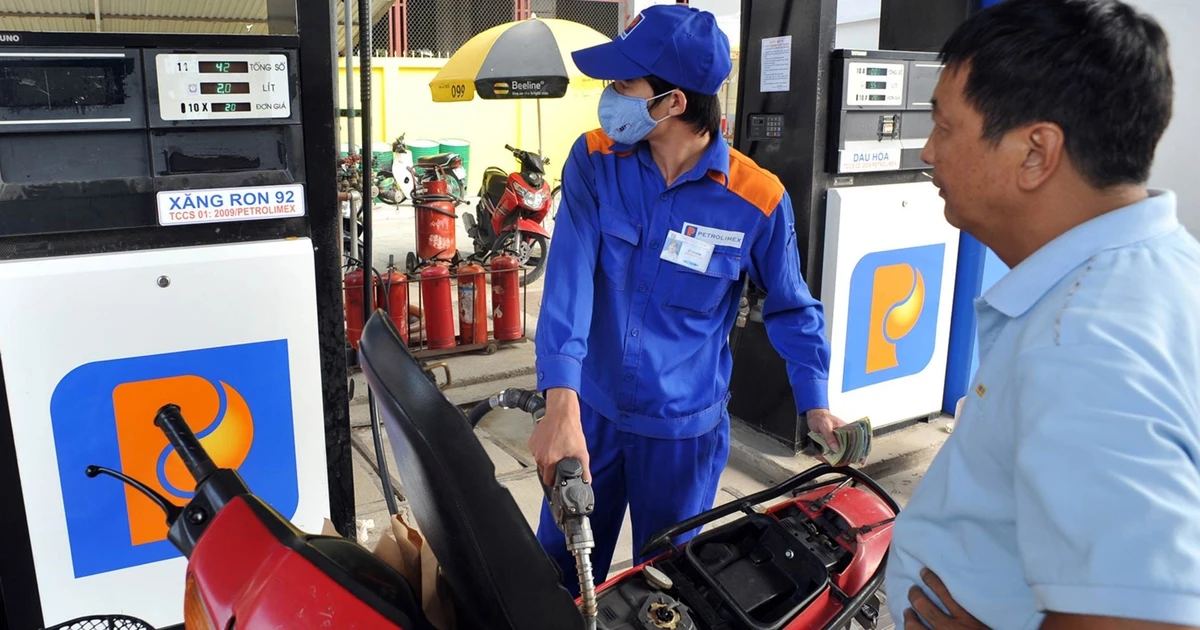
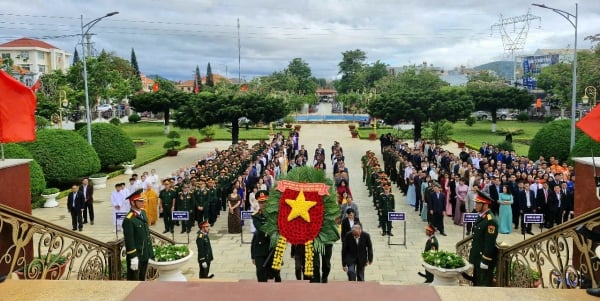
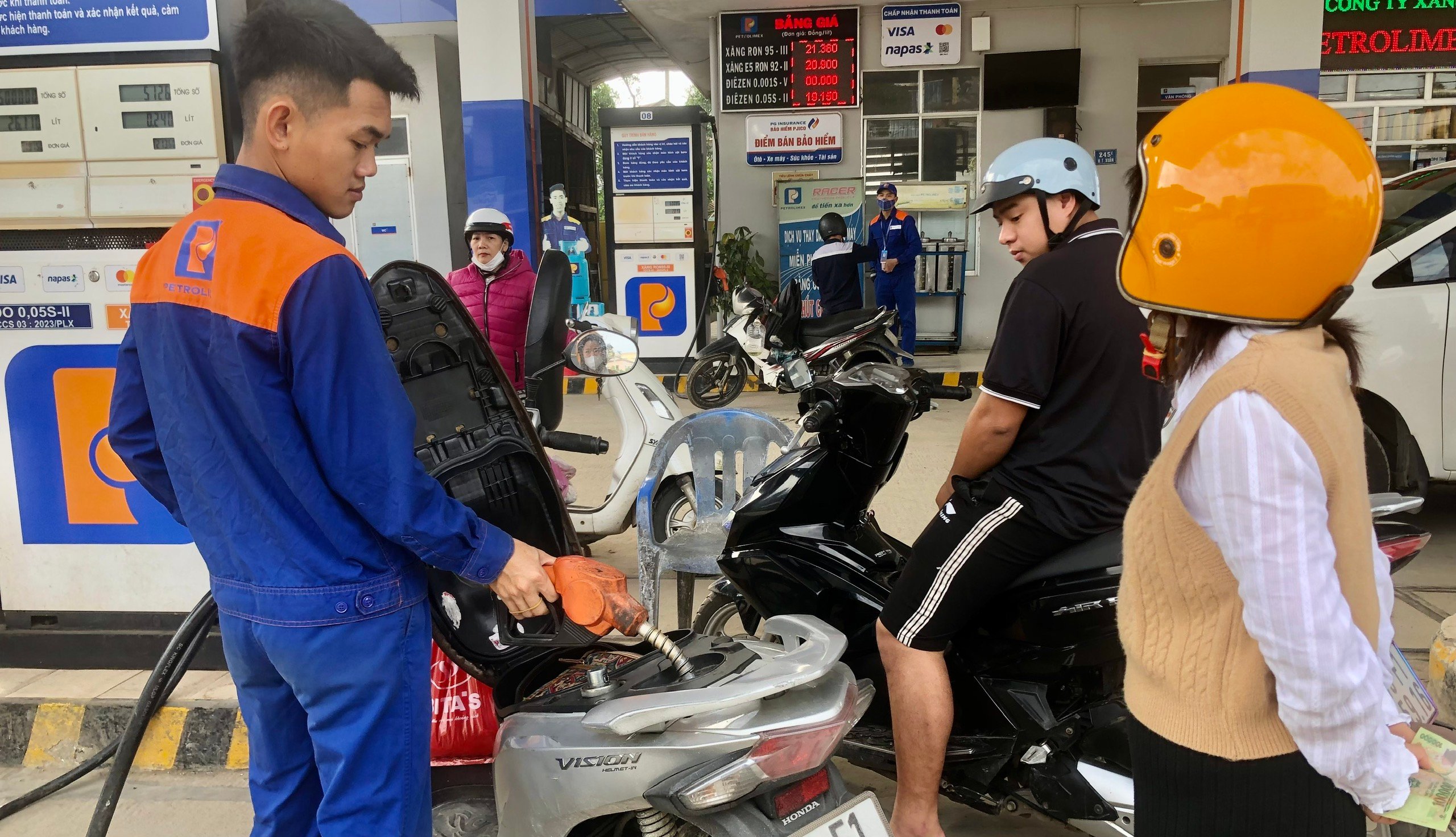





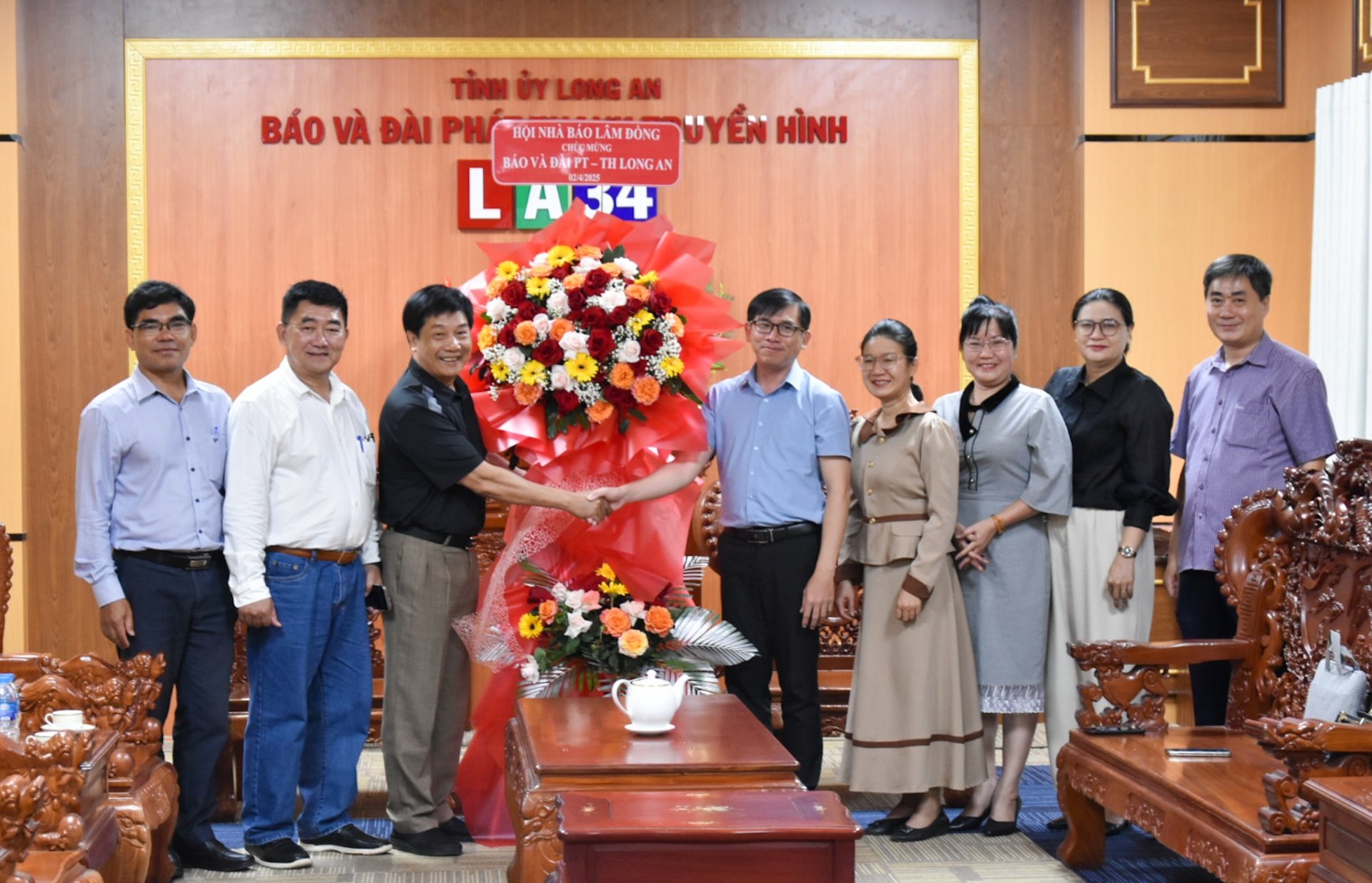
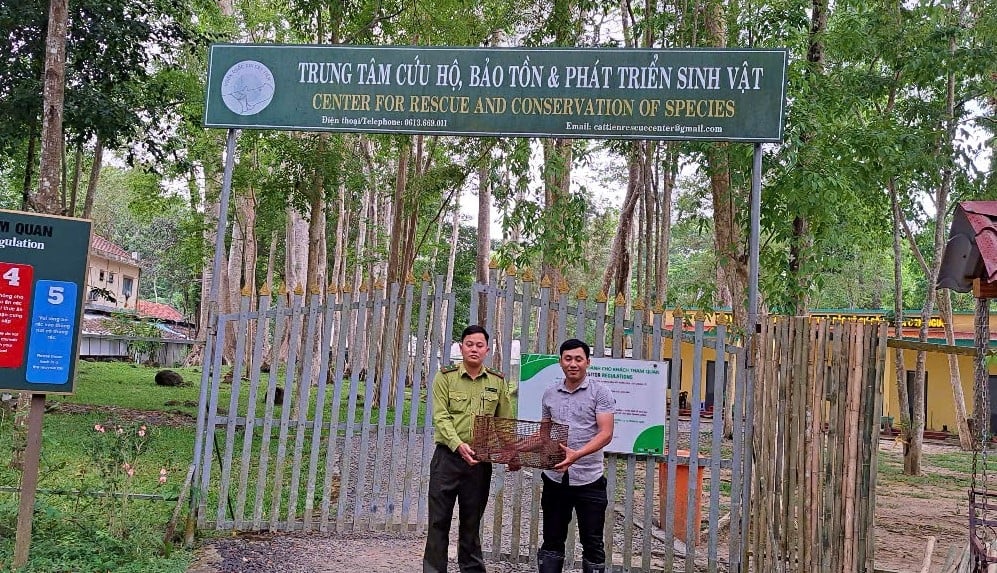
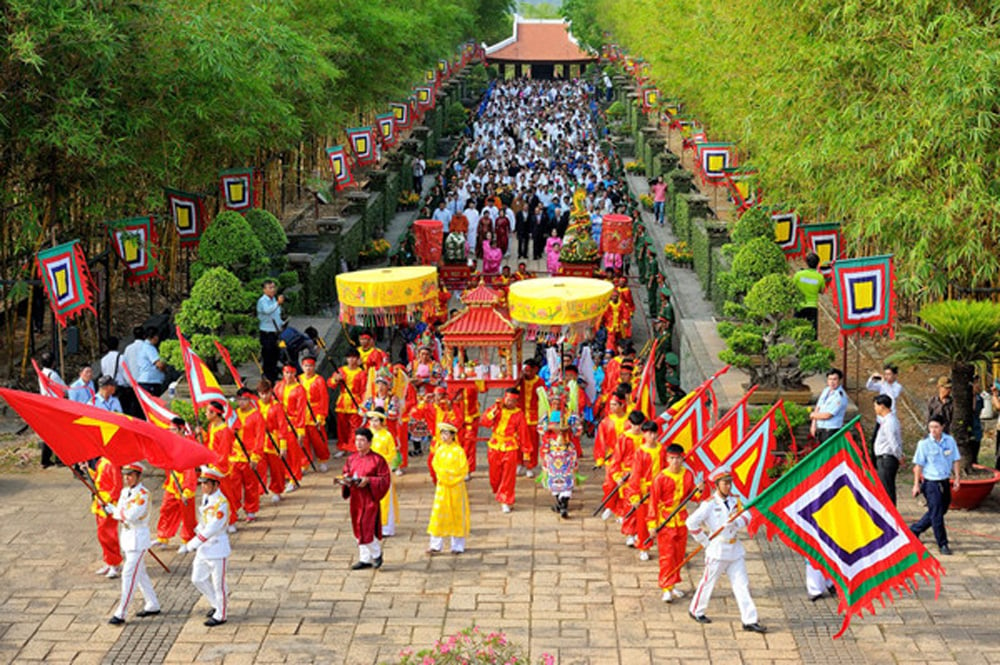
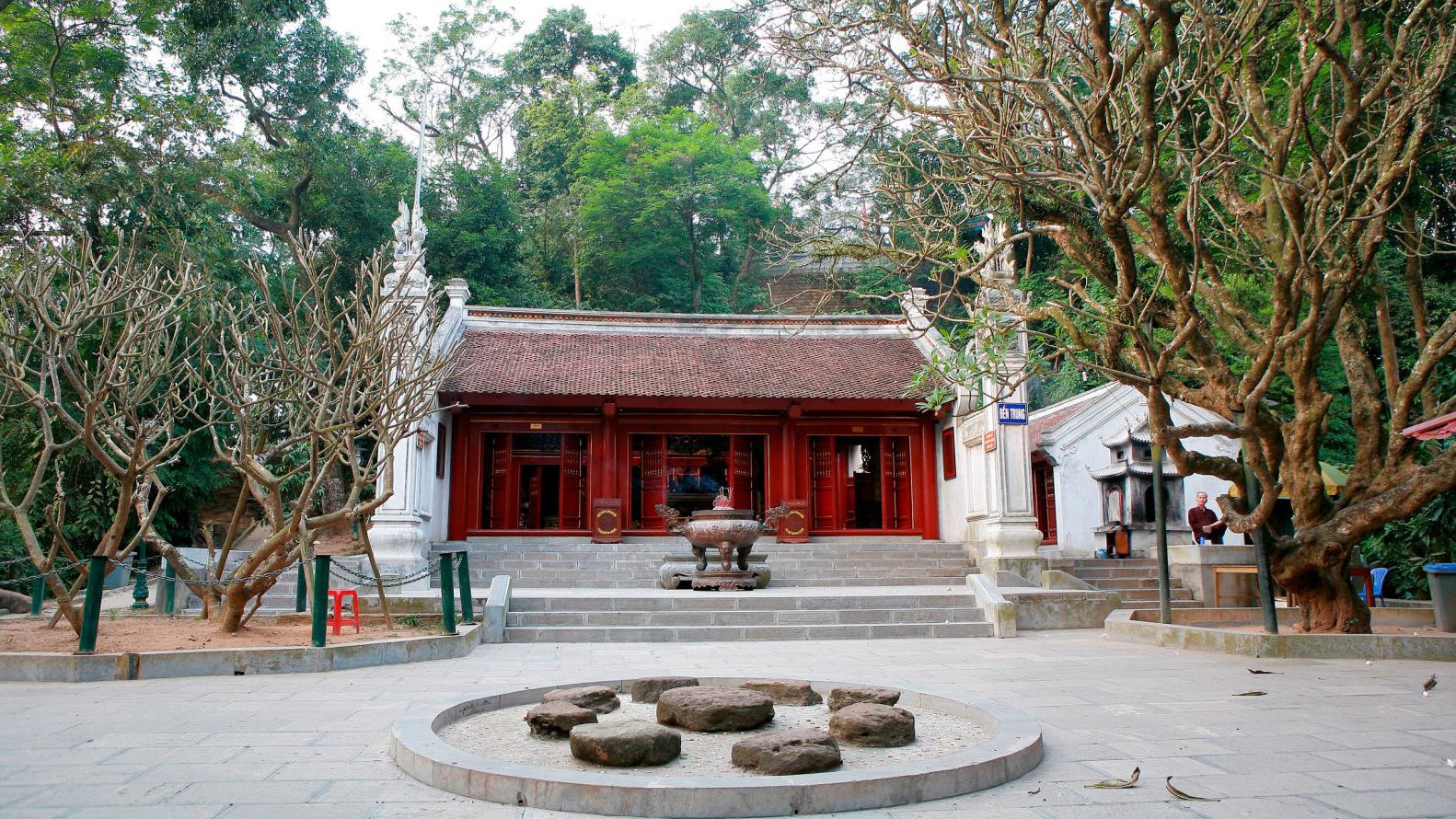
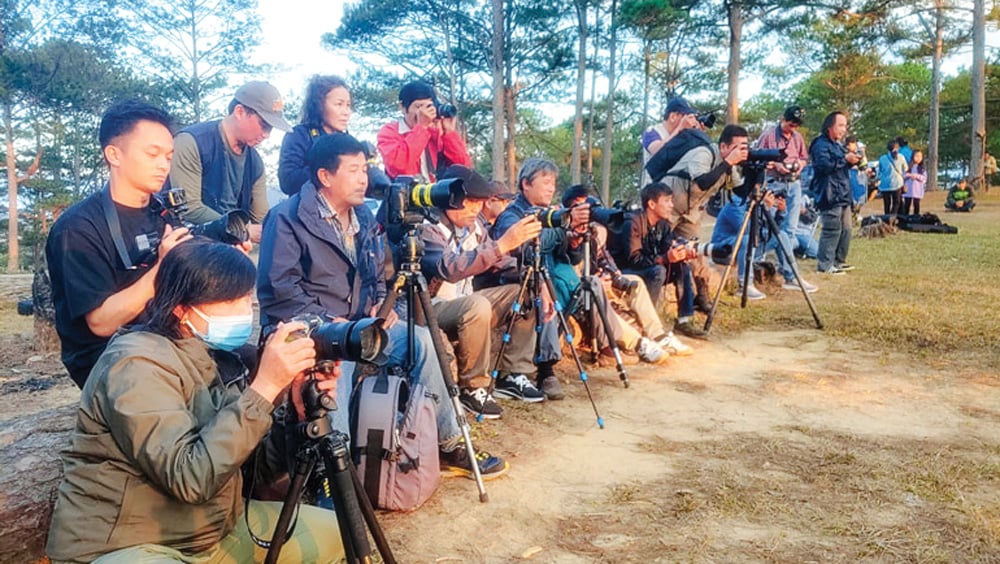








































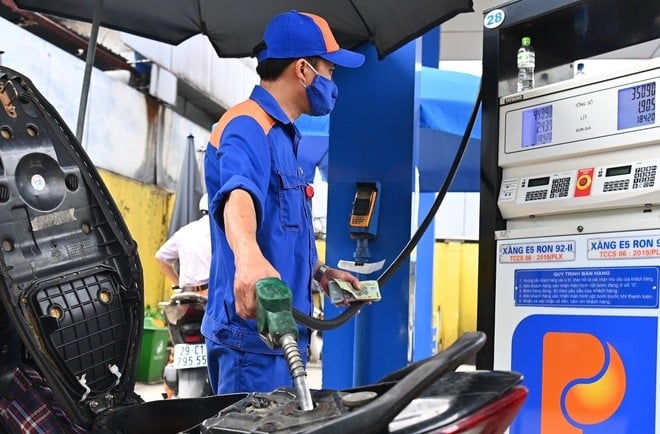


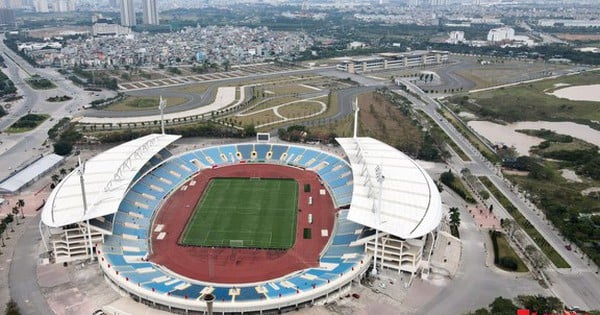
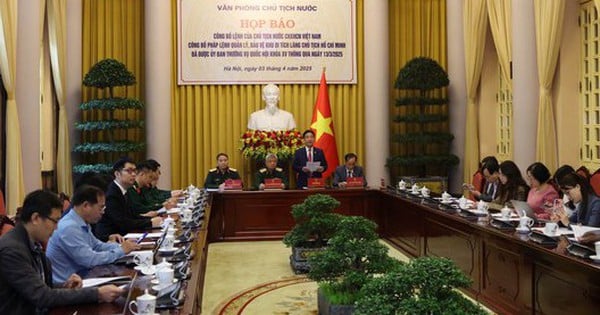
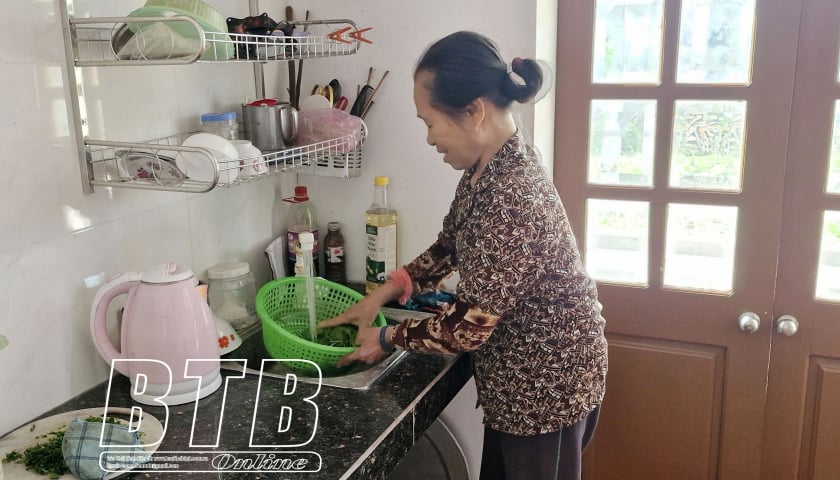


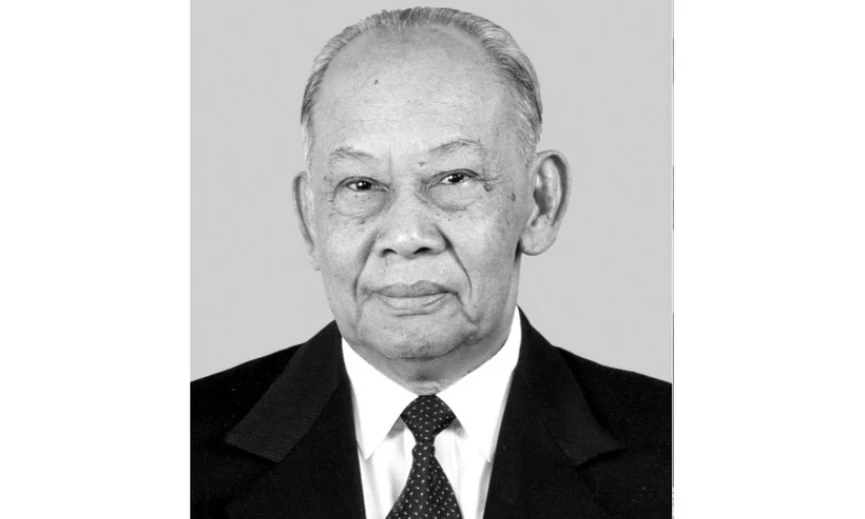
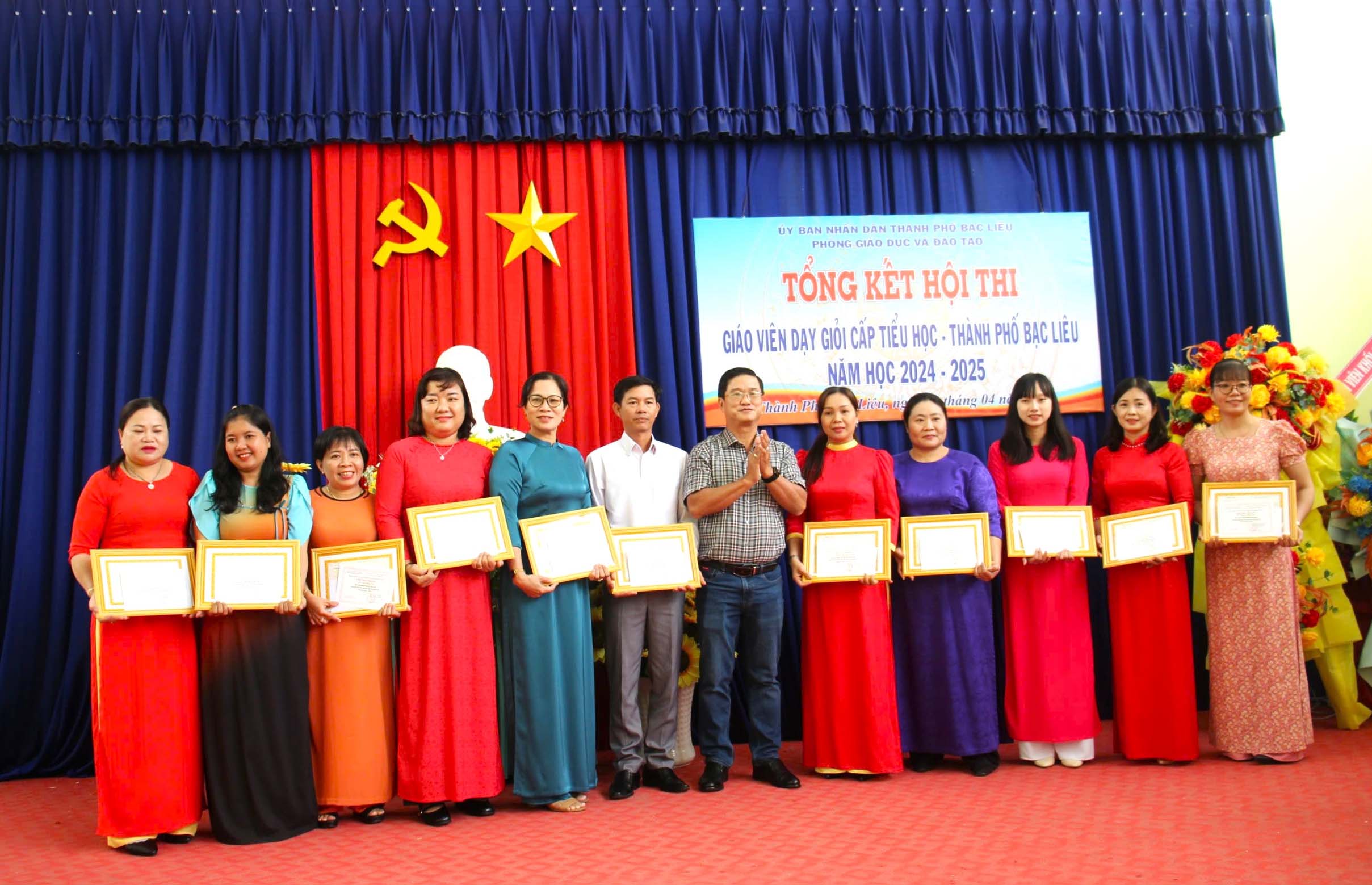
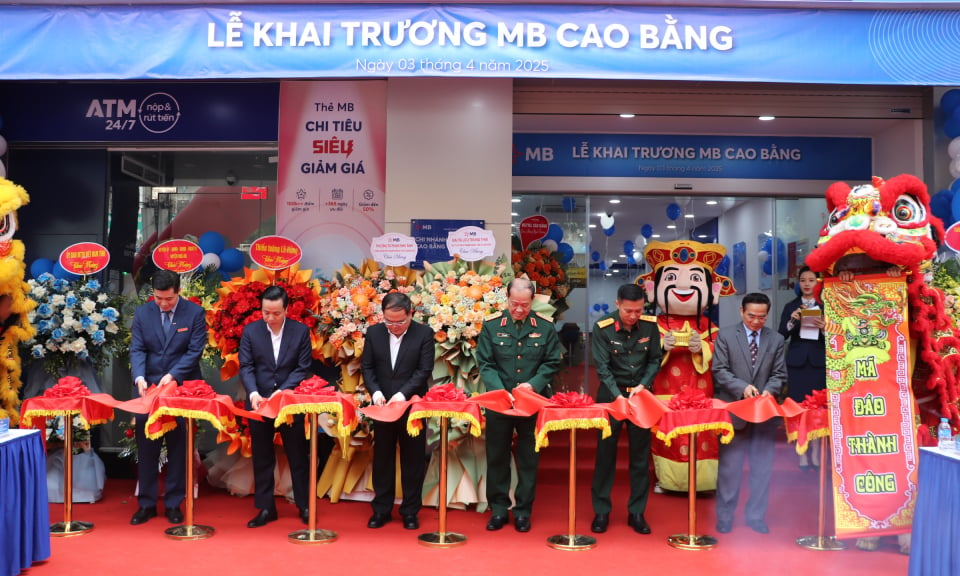












Comment (0)